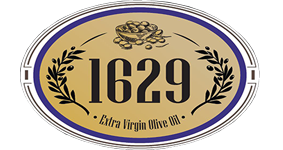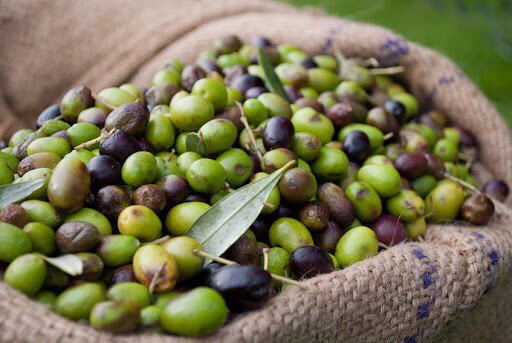History
For thousands of years, olive oil had been prominent in all the greatest civilizations that have prospered in Tunisia. Indeed, the olive tree have been cultivated by Phoenicians, Greeks, Carthaginians, Romans and Arabs, in a tradition that has been passed down from father to son ever since.
Olive cultivation in Tunisia dates back to the 8th century BC, even before the founding of Carthage by the Queen Dido. The Phoenicians were the first to introduce this cultivation to North Africa.
In the Carthaginian period, olive cultivation started to spread granting several advantages to olive-growers. The expansion continued thanks to Romans who established intensified irrigation techniques and revolutionized olive oil extraction.
Excavations in Sufeitula (current Sbeitla) and Thysdrus (El Jem) as well as Roman mosaics discovered in Sousse, attest that, olive tree cultivation was spread throughout the whole country, historically speaking.
In the course of ages, olive oil had been used for multiple purposes: Athletes used it to massage their muscles and women to keep a firm skin. Besides, it was collectively established that olive juice is a toning stimulant helping to prevent baldness, and, by blending it with wine and spices, it was used for cosmetic purposes.
The study of archaeological and ethnographical objects, those having been collected on the territory in particular utensils, gives evidence of the importance that olive oil had in daily life of those who lived in the country.
Today, Tunisia became the biggest olive oil producer, outside the European Union, arriving in the fourth position after Spain, Italy and Greece.
The oldest Tunisian olive tree is located at Echraf, a village close to Haouaria. What makes it impressive is that its roots cover a surface that approximates sixteen square meters and its trunk has a six meter circumference. Regarding its age, it overtakes 2500 years. Planted in Cap Bon, this olive tree transcends the limits of time thereby conveying a message of hope, vitality and strength.
https://euvitafarm.com/
